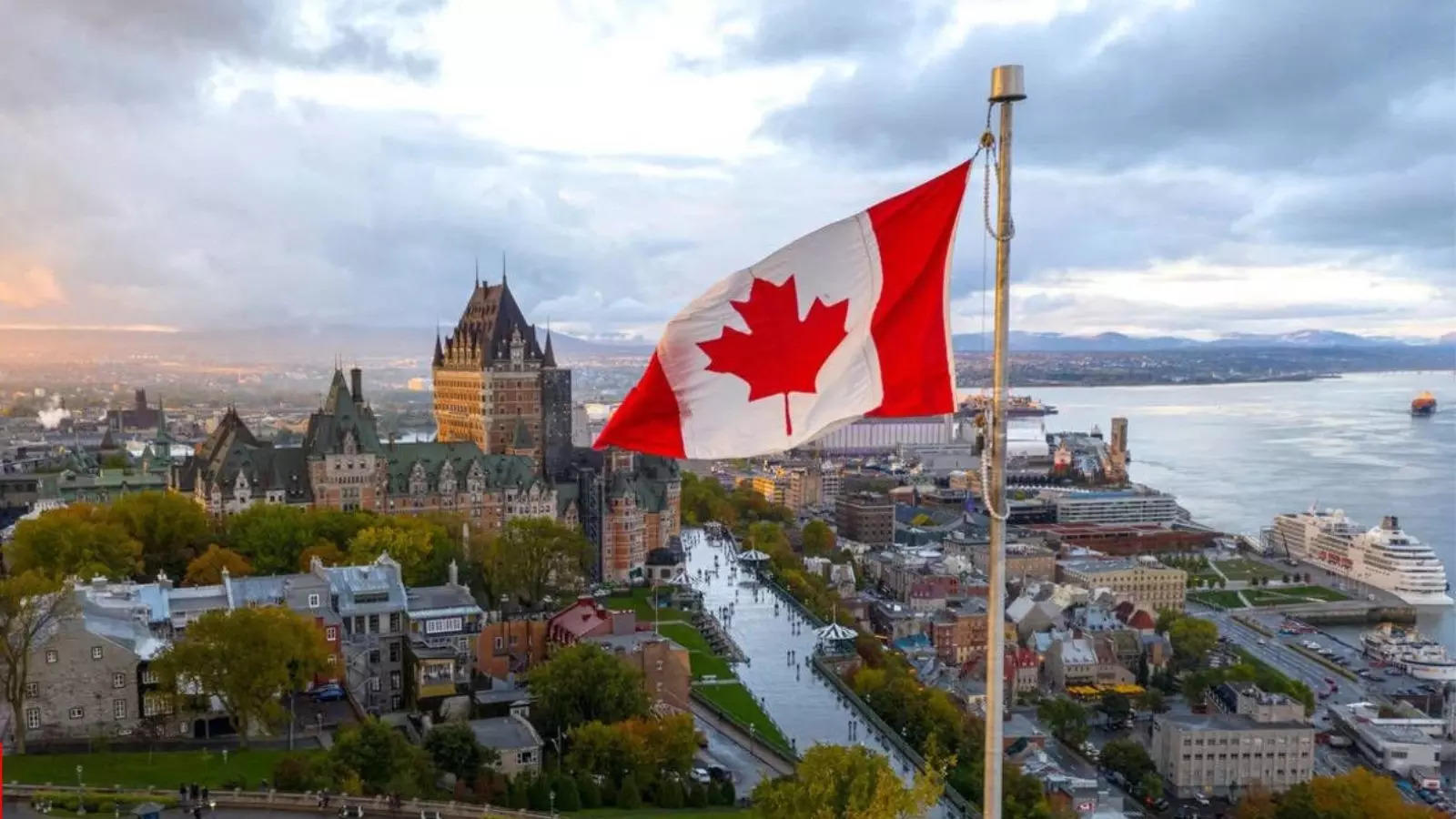Despite the Canadian government’s efforts to limit the number of temporary residents, including international students, the number of study permits issued in the first four months of this year has increased. In response to a housing affordability crisis affecting the popularity of Prime Minister Justin Trudeau’s government, measures were announced to reduce the intake of temporary residents, including international students.However, data from Immigration, Refugees and Citizenship Canada (IRCC) shows an increase in the number of study permits issued between January and April 2024 compared to the same period in 2023.
The total study permits issued rose from 165,805 in early 2023 to 187,510 in early 2024. The number of Indian students receiving these visas also increased, from 72,750 to 81,260, maintaining a consistent share of about 43% of the total permits. In 2023, Indian students accounted for 278,335 of the 682,430 total study permits issued by Canada. So far in 2024, Canada has issued 216,620 study permits, with Indian students receiving 91,510 of them.
In January, IRCC announced an intake cap on study permit applications, aiming for a 35% reduction from 2023 numbers. The cap is expected to result in approximately 360,000 approved study permits for 2024. On March 21, Immigration Minister Marc Miller announced a target to decrease the temporary resident population by 5% over the next three years. Despite these measures, the number of study permits issued in May showed a slight decline, from 34,400 in 2023 to 30,490 in 2024, with permits for Indian students falling from 13,055 to 10,560.
The government’s decisions were influenced by rising housing costs, which have significantly impacted housing affordability.
The total study permits issued rose from 165,805 in early 2023 to 187,510 in early 2024. The number of Indian students receiving these visas also increased, from 72,750 to 81,260, maintaining a consistent share of about 43% of the total permits. In 2023, Indian students accounted for 278,335 of the 682,430 total study permits issued by Canada. So far in 2024, Canada has issued 216,620 study permits, with Indian students receiving 91,510 of them.
In January, IRCC announced an intake cap on study permit applications, aiming for a 35% reduction from 2023 numbers. The cap is expected to result in approximately 360,000 approved study permits for 2024. On March 21, Immigration Minister Marc Miller announced a target to decrease the temporary resident population by 5% over the next three years. Despite these measures, the number of study permits issued in May showed a slight decline, from 34,400 in 2023 to 30,490 in 2024, with permits for Indian students falling from 13,055 to 10,560.
The government’s decisions were influenced by rising housing costs, which have significantly impacted housing affordability.
What it could mean for Indian students
While there are benefits, this could mean increased competition for Indian students who make up 43% of the total number of permits. However, their brows will be furrowed thinking of a future where the government caps the number of study permit applications and reduces temporary resident population, making it harder to get study permits in the future. This could also lead to housing concerns for international students which could affect Indians. Also, a slight decline was observed in May, and that might indicate the Canadian government will come good on its promise to reduce study permits.
